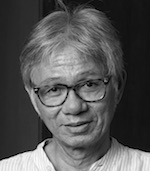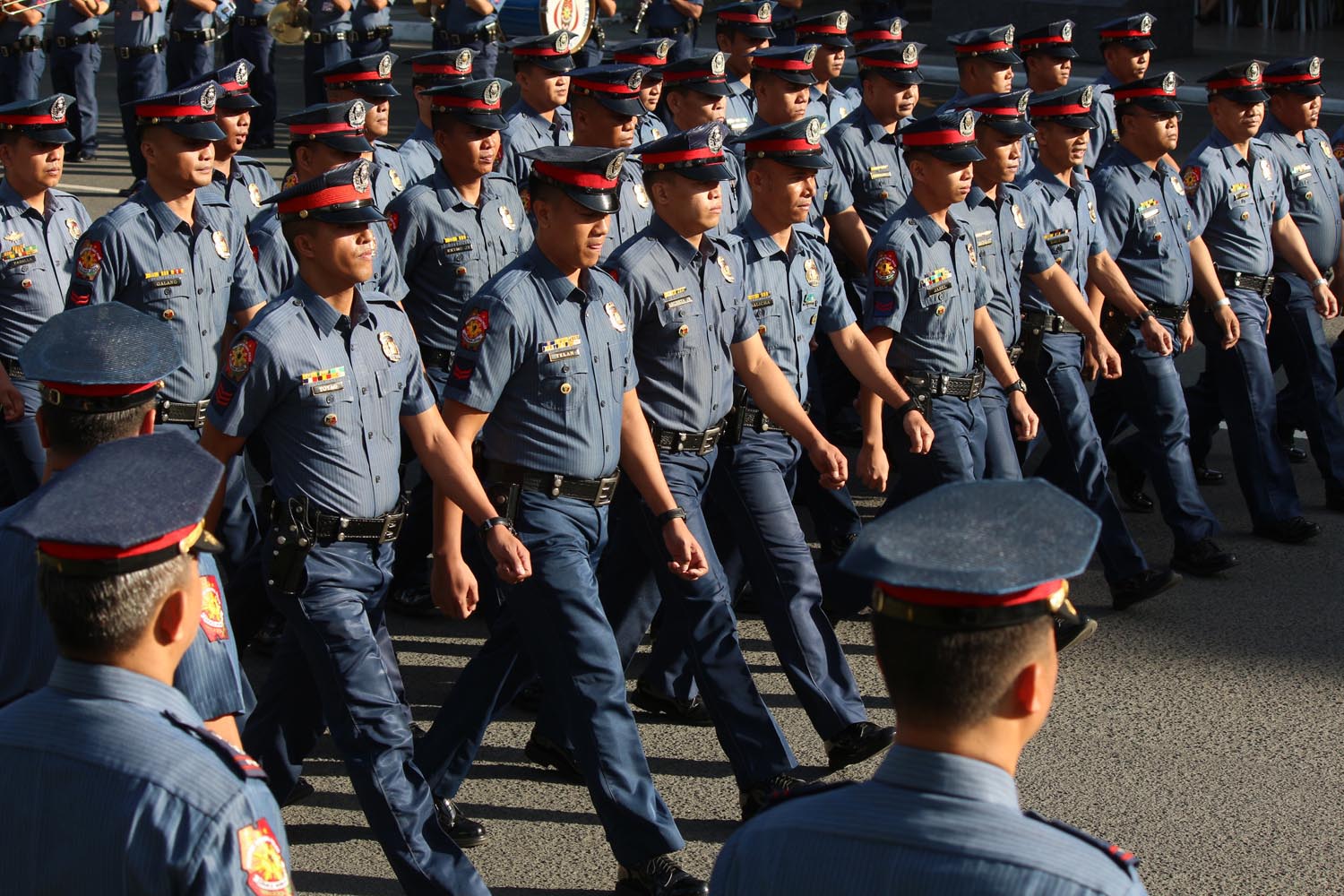
Nothing can be more consoling than the news that the police’s war on drugs has been called off. With 7,000 lives claimed by it in just the last seven months, the war has been such a moral scandal we have become desperately disposed to be consoled by any positive signal.
That Rodrigo Duterte is stepping back from his war, or stepping back from anything at all, is definitely out of character for a man who assumed the leadership of this nation, and has carried on until now, on an autocratic and aetheistic rhetoric: "No one tells me . . . not even God." So abrupt has been his turnaround one is tempted to put it down to epiphany.
Only last week, at a Senate hearing on the kidnapping and murder of South Korean business executive Jee Ick Joo, for which policemen are being held to account, Senator Risa Hontiveros precisely suggested a suspension of the anti-drug campaign, at least until the police had cleansed their ranks. But General Ronald de la Rosa, the police chief, would hear none of it.
Jee, the number two Philippine boss at Hanjin, the South Korean shipbuilders, was kidnapped on the mistaken or made-up accusation, in the end profitably maintained, that he was dealing in drugs. He was taken to the national police headquarters, killed there – by strangling – on the same day, and cremated the next day. Still, his wife was fooled into paying ransom for an already dead husband.
De la Rosa tried to argue at the hearing that Jee's was an isolated case, in effect minimizing it as a small blot in the big picture of police business – law and order. But not really; reports abound of mistaken and collateral killings, not to mention summary ones, and not a few have been aired in the media. In fact, the credibility of suspicions of summary executions, more familiar as "extrajudicial killings", tends to be validated in surveys – nine of 10 respondents protest against them.

Test for Duterte
Right at the hearing, the presiding senator, Panfilo Lacson, a former police chief himself, presented a videotape of an actual case of police roguery. No one dies in it, but it's a graphic illustration of the form of malpractice the police are widely suspected of – planting evidence and false arrest.
The video shows police (out of uniform, but taken on Lacson's word) raiding an office and herding employees away from their work cubicles to allow, unwitnessed, the planting of packets of illegal drugs. The screening, which capped the proceedings, went unquestioned by De la Rosa or any of the police officers with him.
I don't know that any of that has had to do with Duterte relenting. I didn't think he could be pried off his war; it was on it that he had after all pinned his hopes for no less than national redemption. That's why he vowed to protect his police; he needed them to fight his war fully motivated, their own wrongdoing if possible overlooked. That's why he wanted Congress to tinker with the Constitution and relax its provisions governing the president's power to declare martial law; he wanted the scourge of drugs equated with rebellion as a justification for the emergency, and he also wanted the legislative and judicial checks on it done away with.
Suddenly, last Sunday night, he gave the order to disband the Anti-Illegal Drugs Group he had formed to fight his war. And de la Rosa tells us now what that means: all anti-drug operations stop to allow the police to "focus [on] internal cleansing."
Now comes the test of Duterte's word.– Rappler.com